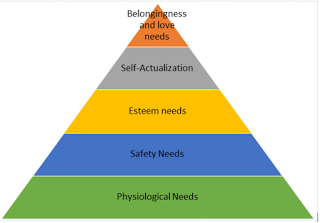There is a cliche that the grass is always greener on the other side which says so much how people will never get contented with what they have.
In my previous company, people always complain of stress, having long hours at the office, barely allowed to work from home, demanding bosses and clients. Management would often comfort us that at least we have the best benefits and perks than other companies. Then people would answer in whispers that its not what matters if you barely have work-life balance to enjoy those.
In my current company, the bosses are advocates of work-life balance probably because they came from the country that is often named as the happiest country. They would allow people to go work from home even on the mundanest reasons sometimes even if you do not have a reason at all. Asking for emergency leaves are given like candies in a candy store so we know that oftentimes some just say they have an emergency at home when they need to go off work and just forgot to get approval beforehand. People can freely surf the net including social media sites even at the sight of the managers. But still you would hear people that they want to leave because of poor monetary benefits and perks.
Thus, I rest my case.
In my previous company, people always complain of stress, having long hours at the office, barely allowed to work from home, demanding bosses and clients. Management would often comfort us that at least we have the best benefits and perks than other companies. Then people would answer in whispers that its not what matters if you barely have work-life balance to enjoy those.
In my current company, the bosses are advocates of work-life balance probably because they came from the country that is often named as the happiest country. They would allow people to go work from home even on the mundanest reasons sometimes even if you do not have a reason at all. Asking for emergency leaves are given like candies in a candy store so we know that oftentimes some just say they have an emergency at home when they need to go off work and just forgot to get approval beforehand. People can freely surf the net including social media sites even at the sight of the managers. But still you would hear people that they want to leave because of poor monetary benefits and perks.
Thus, I rest my case.
posted from Bloggeroid

